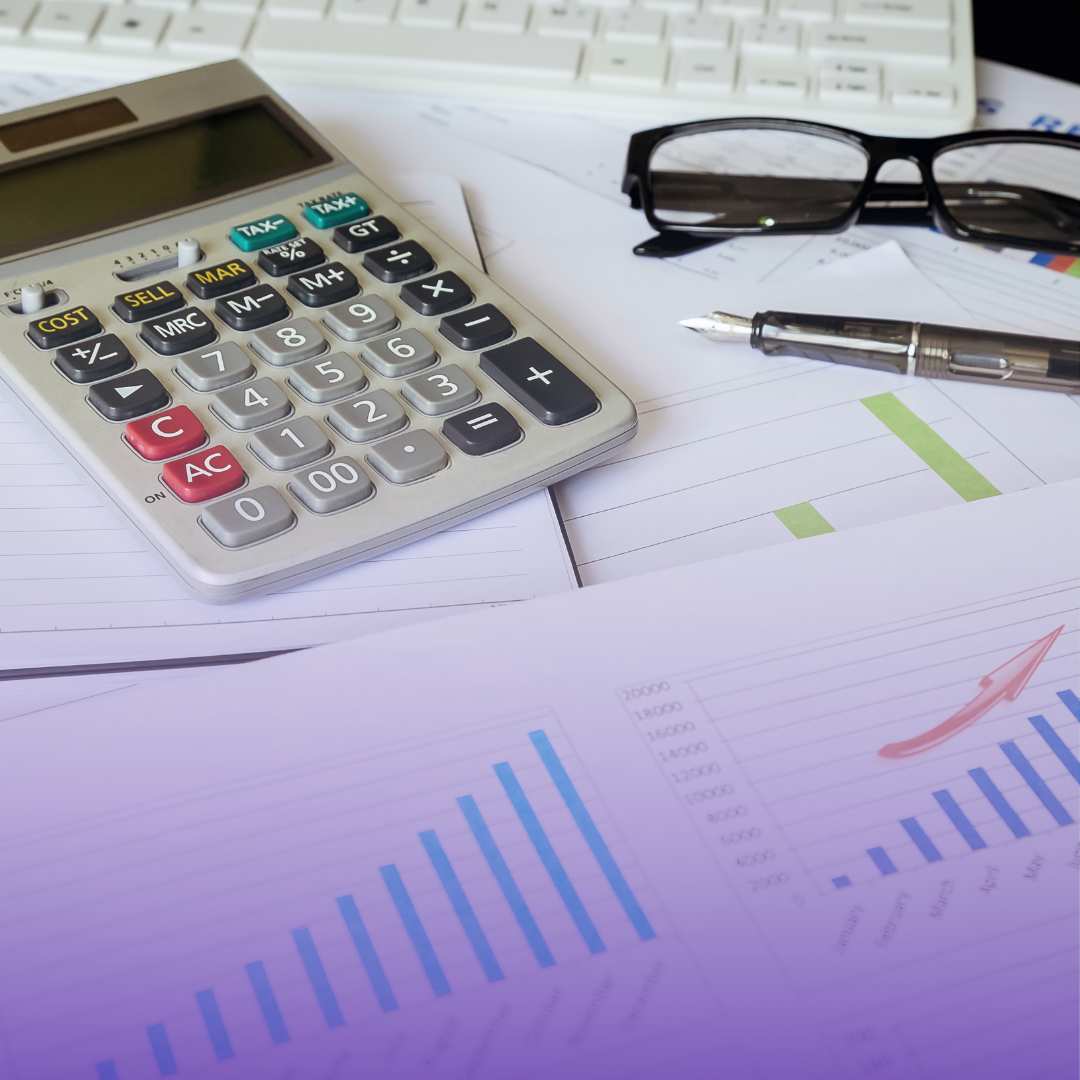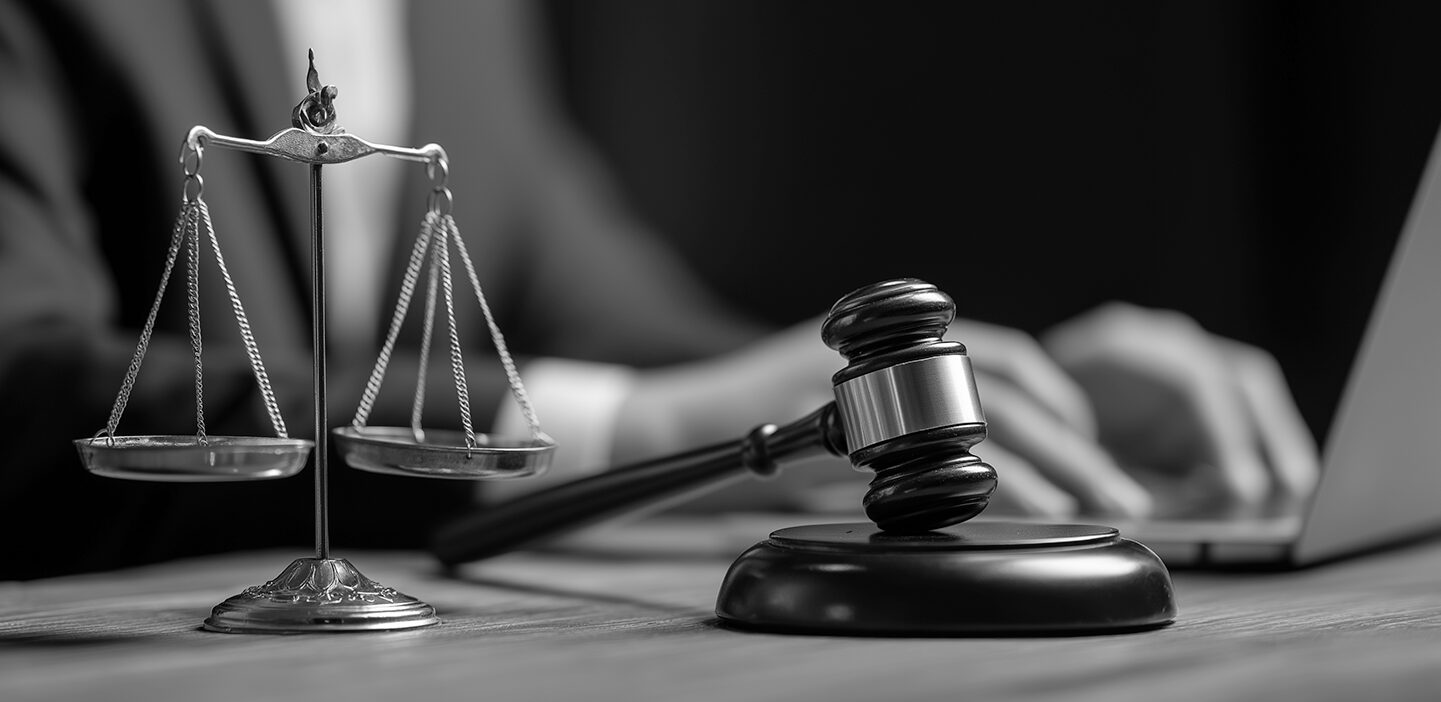What to Do If You Think You’re Paying Too Much in Pension Fees
If you think that your pension fees are too high or you’ve seen a few charges on your statement that don’t feel right, it’s worth taking action. Even minor percentage differences can cost you thousands over time. Here’s how to take control:
Request a Full Fee Breakdown: Contact your pension provider and ask for a detailed breakdown of all charges, including management fees, policy fees, allocation rates, and any early exit charges. You’re entitled to this information, and it’s the first step in figuring out if your fees are reasonable.
Compare With Other Pension Products: Once you know what you’re paying, see how it stacks up against other products on the market. Standard PRSAs, for example, have capped fees by law, making them one of the more transparent and competitive options available in Ireland.
Ask Questions: If you don’t understand any of the fees or terms in your pension documents, don’t be afraid to ask. Your provider or a financial advisor could explain things clearly, without the jargon.
Review Your Pension Plan: If your pension was set up years ago, there’s a chance you’re in a plan with outdated and unnecessarily high fees. It may be worth considering a more modern and cost-effective plan that better aligns with your current financial goals.
Keep Track Annually: Fees can change over time, especially if you stop contributing or your provider updates their pricing. Reviewing your pension annually helps ensure that your fees remain reasonable in relation to your fund’s performance and size.
Speak to our Financial Advisors: A financial advisor can assess your current pension, compare it to alternatives, and help you make a switch if it makes sense. They’ll also look at your fund choice, performance, and retirement goals to make sure everything lines up.
What About Tax at Retirement?
There is tax when you start drawing your pension, but it’s usually much less than what you saved in tax along the way.
You can take 25% of your pension tax-free, up to €200,000. The remaining balance is taxed as income, but many people find themselves in a lower tax bracket in retirement, meaning you’ll likely pay less tax overall.
If you structure your withdrawals wisely, such as through an Approved Retirement Fund (ARF), you stay in control of how and when you access your money. Think of it this way: you’re not avoiding tax but deferring it until a time when you’re likely to pay less. And that’s thoughtful financial planning.
Read our Retirement Guide to learn more, or contact our financial advisors for personalised support.
Despite the Fees, Pensions Still Win
Even though all pensions come with some level of fees, the tax benefits far outweigh the costs. Between tax relief on your contributions, tax-free growth on your investment, and the ability to take a lump sum tax-free at retirement, pensions remain the most tax-efficient way to save for your future.
Keeping an eye on your charges ensures you get the most out of an already powerful savings tool.
That’s why we say pensions are a triple tax win:
- Tax relief when you contribute
- Tax-free investment growth
- Tax-free lump sum when you retire
Publisher: Source link









